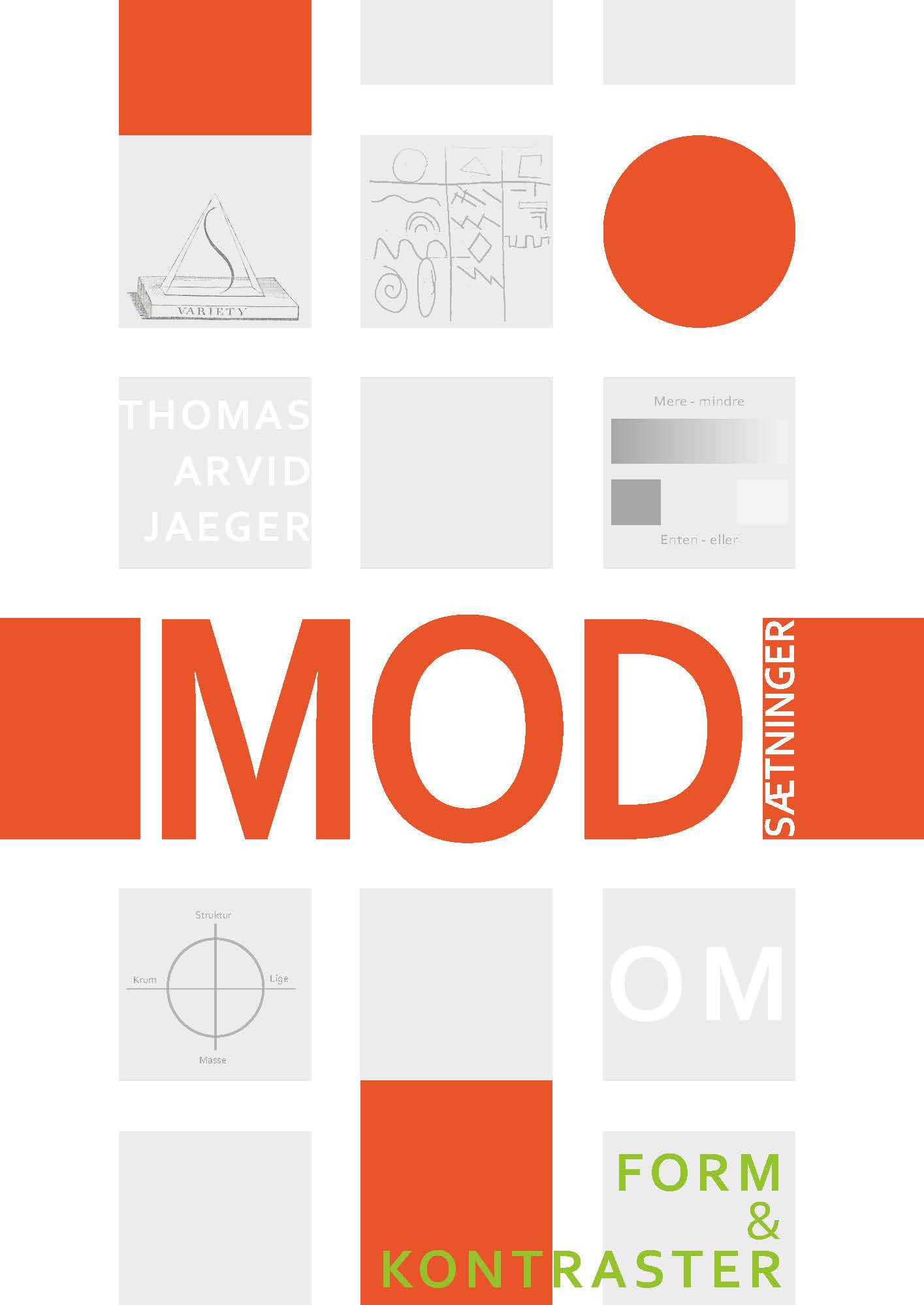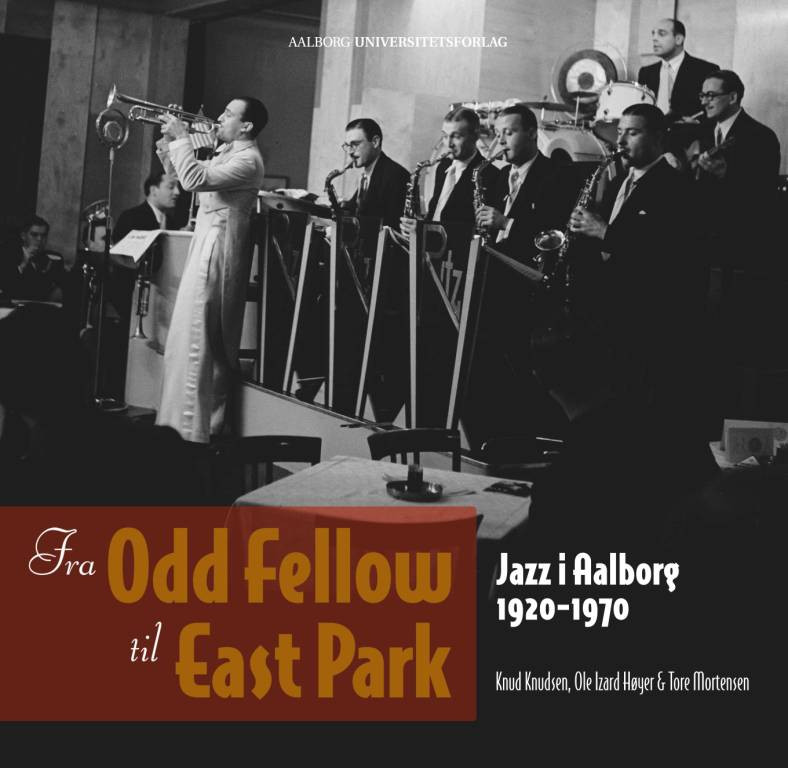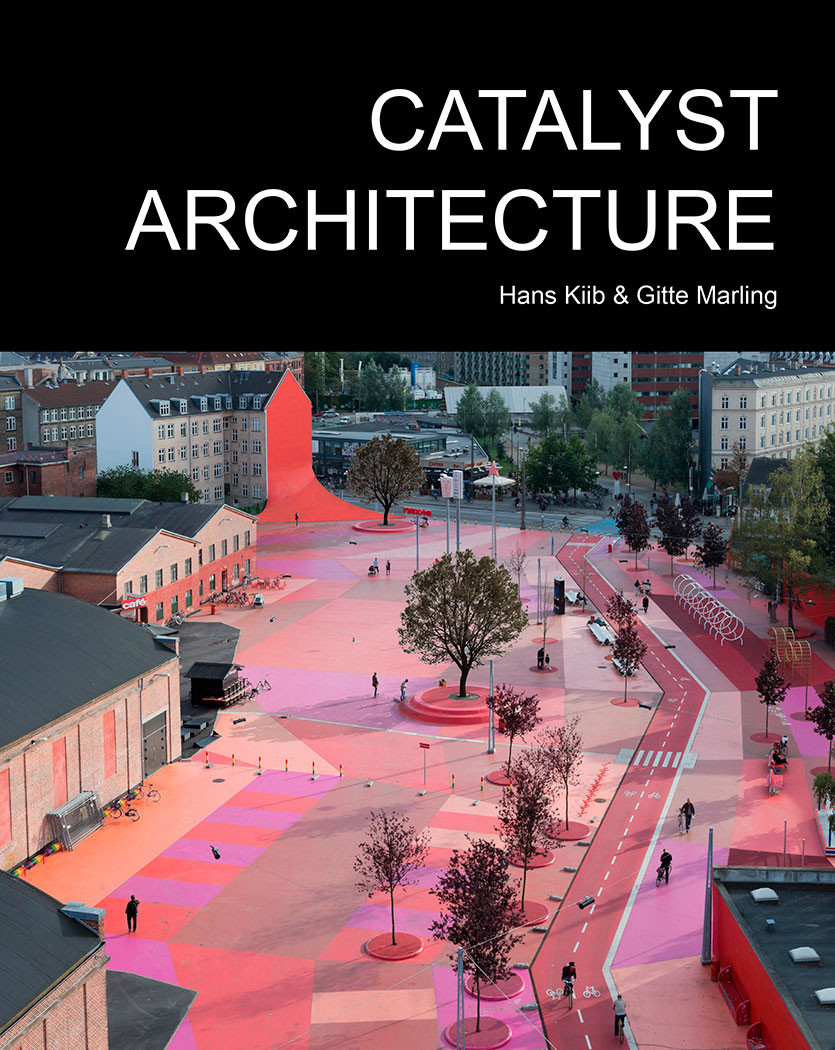The Dialogical Imagination
A phenomenological study of Space, meaning, and identity
Af forfatter ole pihl , andrew armitage
Rousseau, one of the great educational thinkers of the enlightenment proclaimed that a childs emotions should be educated before their reason, and where the pleasure of seeking new discoveries through doing should precede formal educational methods, we argue that this maxim should also be applied to adult learners. The rejection of rationalist pedagogical methods and an emphasis upon a more radical critical pedagogy can also be seen in the writings of one the 20th centurys great adults educators, Paulo Freire, who placed the dialogical process at the centre of human pedagogical encounters, and in the rejection of what he termed the banking method of education.
Our approach therefore was to bring together Gaston Bachelards and Paulo Freires approaches as a means to explain the world through poetics and reverie, where nothing is stabile and everything is in flux, and where authentic reality and truth can only be grasped through dialogue, whether of the self or with the other. For us this constitutes a radical or what we have called a deep phenomenological method. Gaston Bachelard once said that artists and poets are born phenomenologists, but the question is, is it possible to learn to become a phenomenologist?
This question was central for us as we explored the method of the phenomenologist through our personal journeys of the self and the other as they meet in the reflexive and reflective moments of reality. For us dialogue is a place where the flow of reality can be laid bare through poetics and reverie, and where we can develop human freedom in the pursuit of the creative act whether this is in disciplines as diverse as art, architecture or organisational studies. Like Gaston Bachelard in the Poetics of Space when he reflected to his amazement of the conchologist who is devoted to the classification of the immense variety of shells, we too also experienced (and found) our own varieties of reality as it unfolded through our dialogical engagement with the world.
-
Rousseau, one of the great educational thinkers of the enlightenment proclaimed that a childs emotions should be educated before their reason, and where the pleasure of seeking new discoveries through doing should precede formal educational methods, we argue that this maxim should also be applied to adult learners. The rejection of rationalist pedagogical methods and an emphasis upon a more radical critical pedagogy can also be seen in the writings of one the 20th centurys great adults educators, Paulo Freire, who placed the dialogical process at the centre of human pedagogical encounters, and in the rejection of what he termed the banking method of education.
Our approach therefore was to bring together Gaston Bachelards and Paulo Freires approaches as a means to explain the world through poetics and reverie, where nothing is stabile and everything is in flux, and where authentic reality and truth can only be grasped through dialogue, whether of the self or with the other. For us this constitutes a radical or what we have called a deep phenomenological method. Gaston Bachelard once said that artists and poets are born phenomenologists, but the question is, is it possible to learn to become a phenomenologist?
This question was central for us as we explored the method of the phenomenologist through our personal journeys of the self and the other as they meet in the reflexive and reflective moments of reality. For us dialogue is a place where the flow of reality can be laid bare through poetics and reverie, and where we can develop human freedom in the pursuit of the creative act whether this is in disciplines as diverse as art, architecture or organisational studies. Like Gaston Bachelard in the Poetics of Space when he reflected to his amazement of the conchologist who is devoted to the classification of the immense variety of shells, we too also experienced (and found) our own varieties of reality as it unfolded through our dialogical engagement with the world. -
Antal sider
210
isbn
978-87-7112-012-7
Udgave
1. edition
Udgivelsesår
2011
-
Filnavn Download
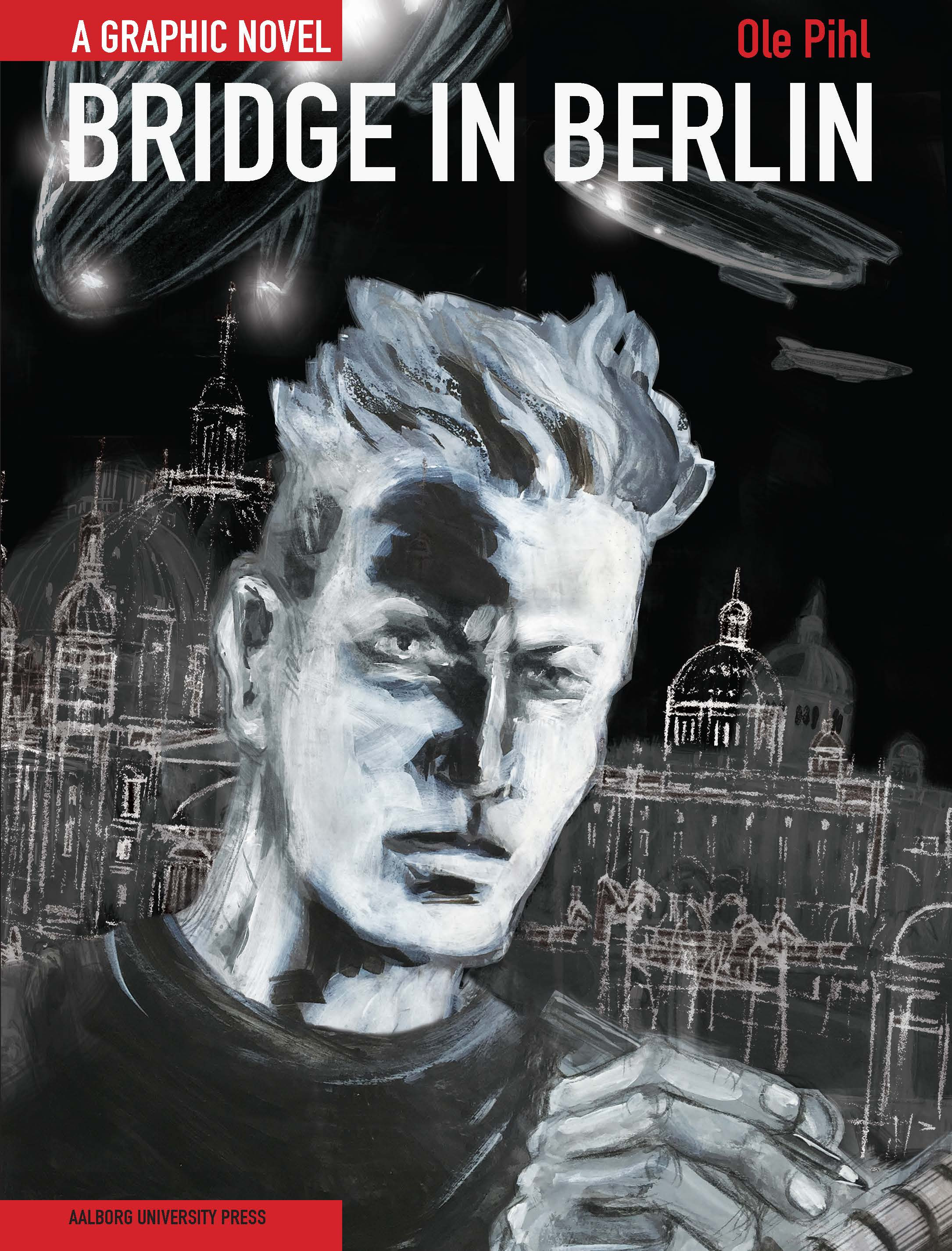
-public.jpg)

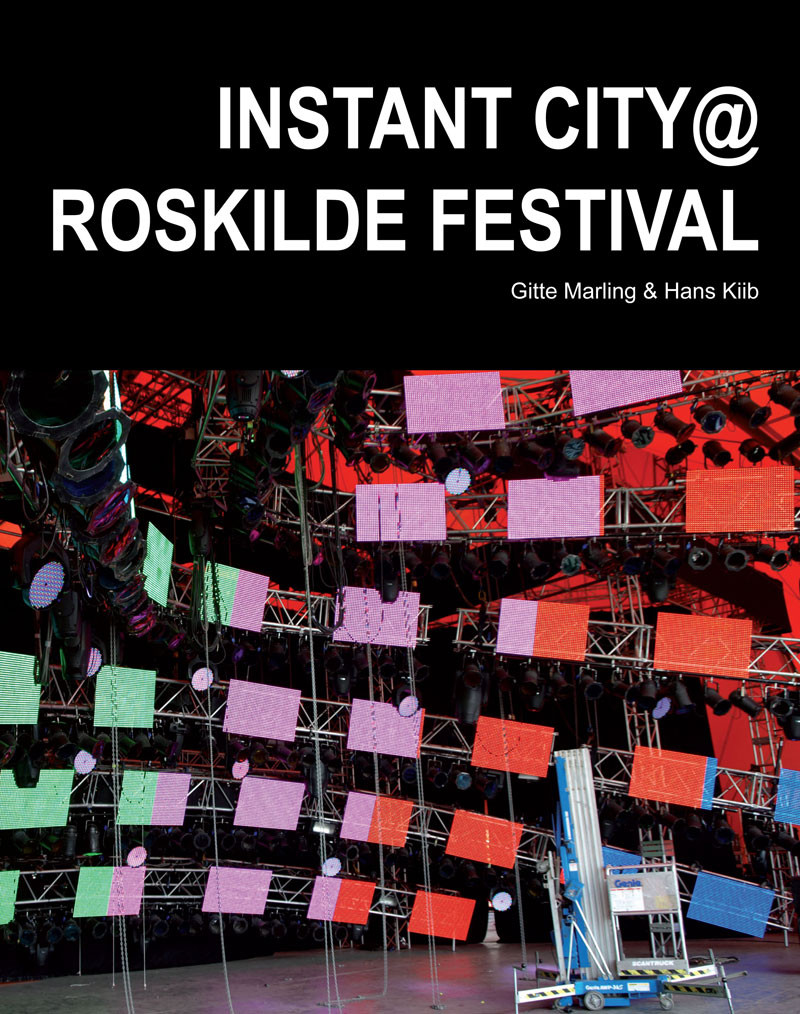


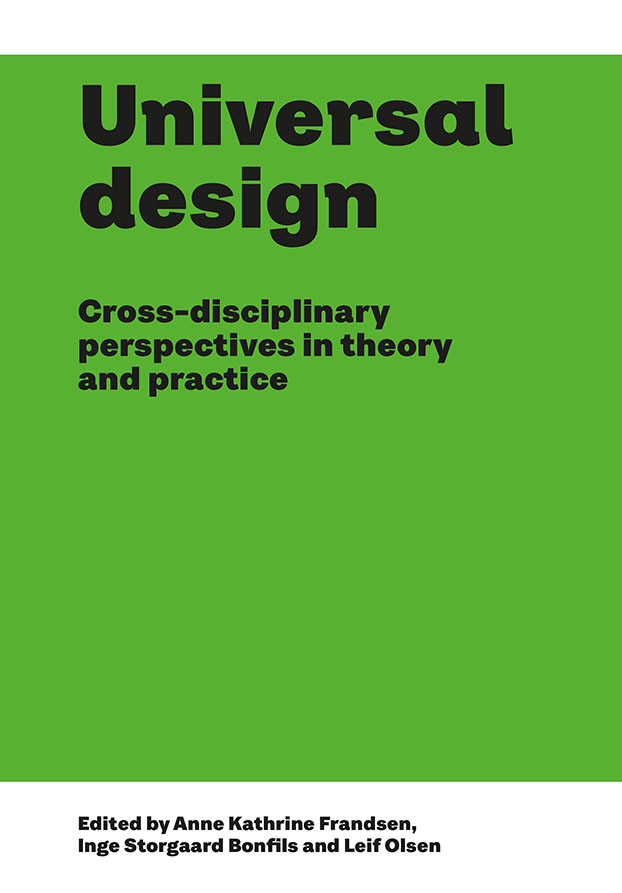
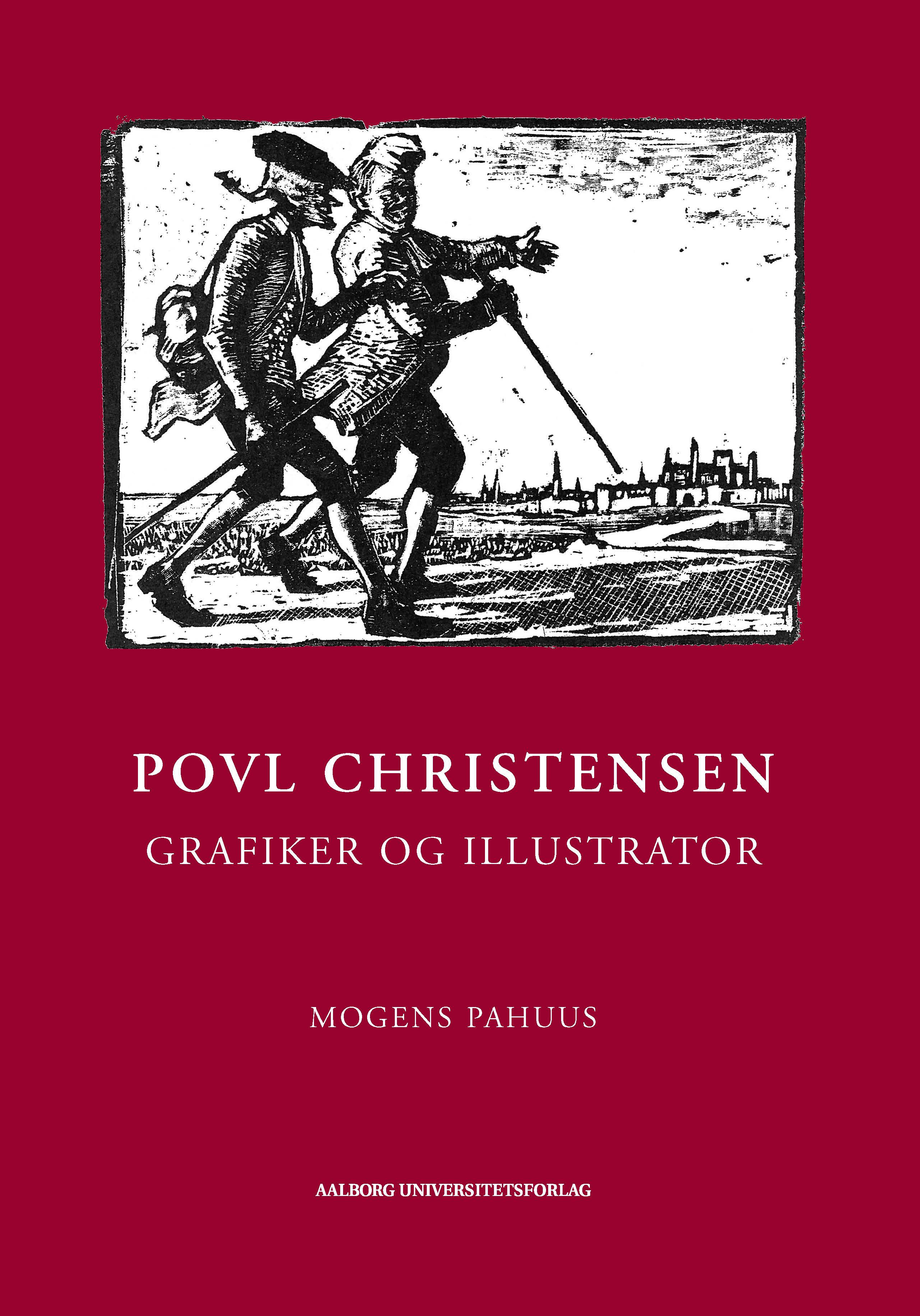
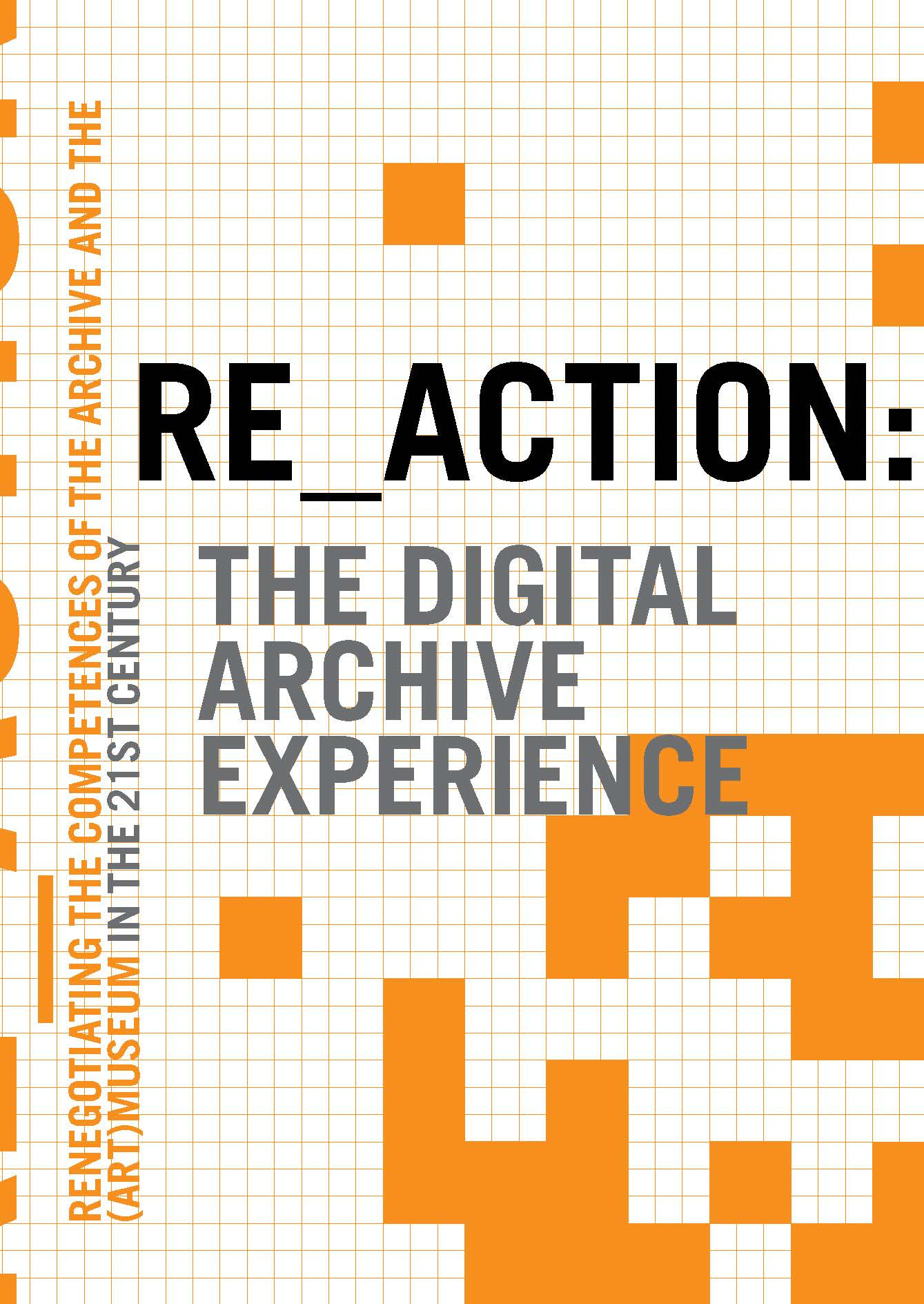
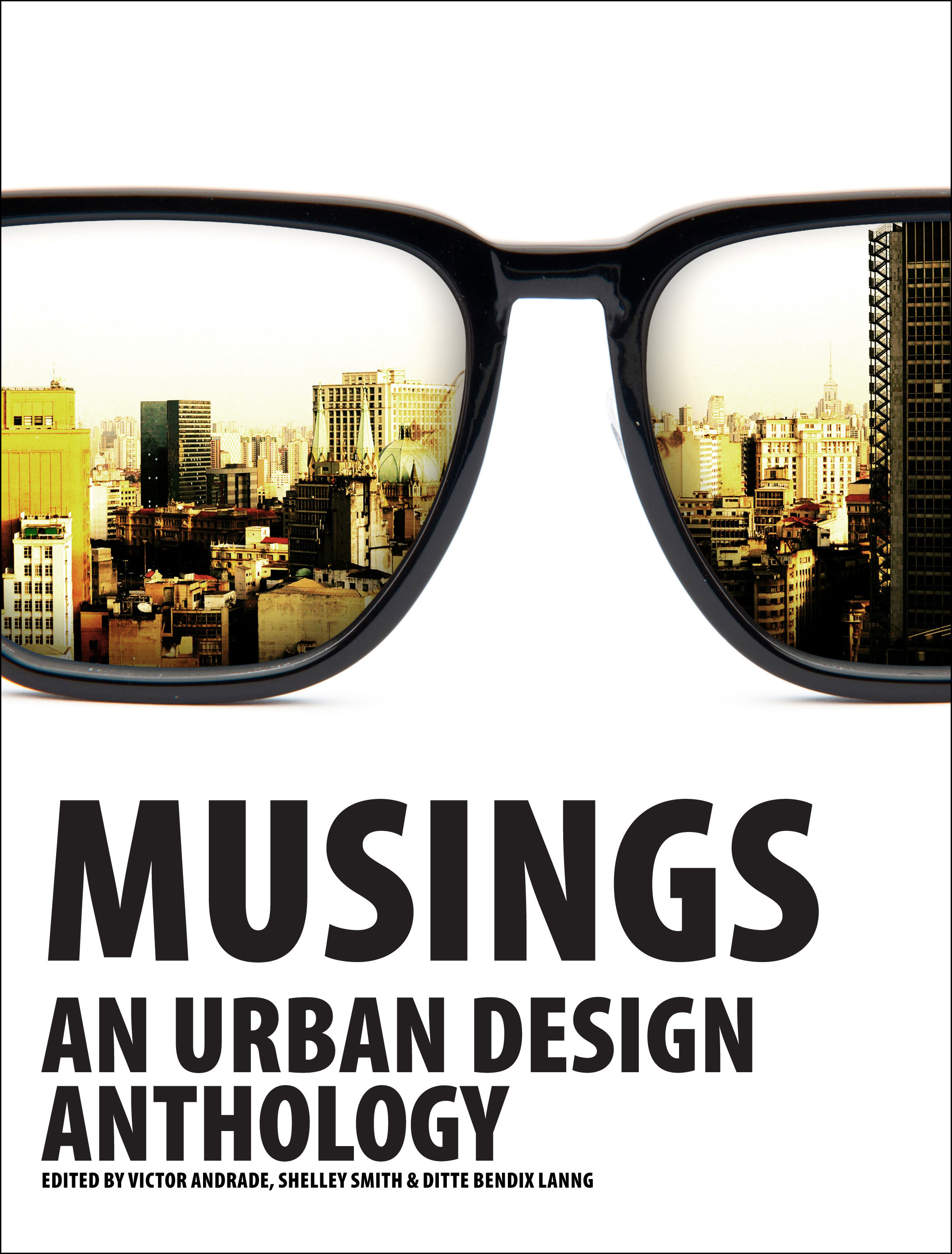
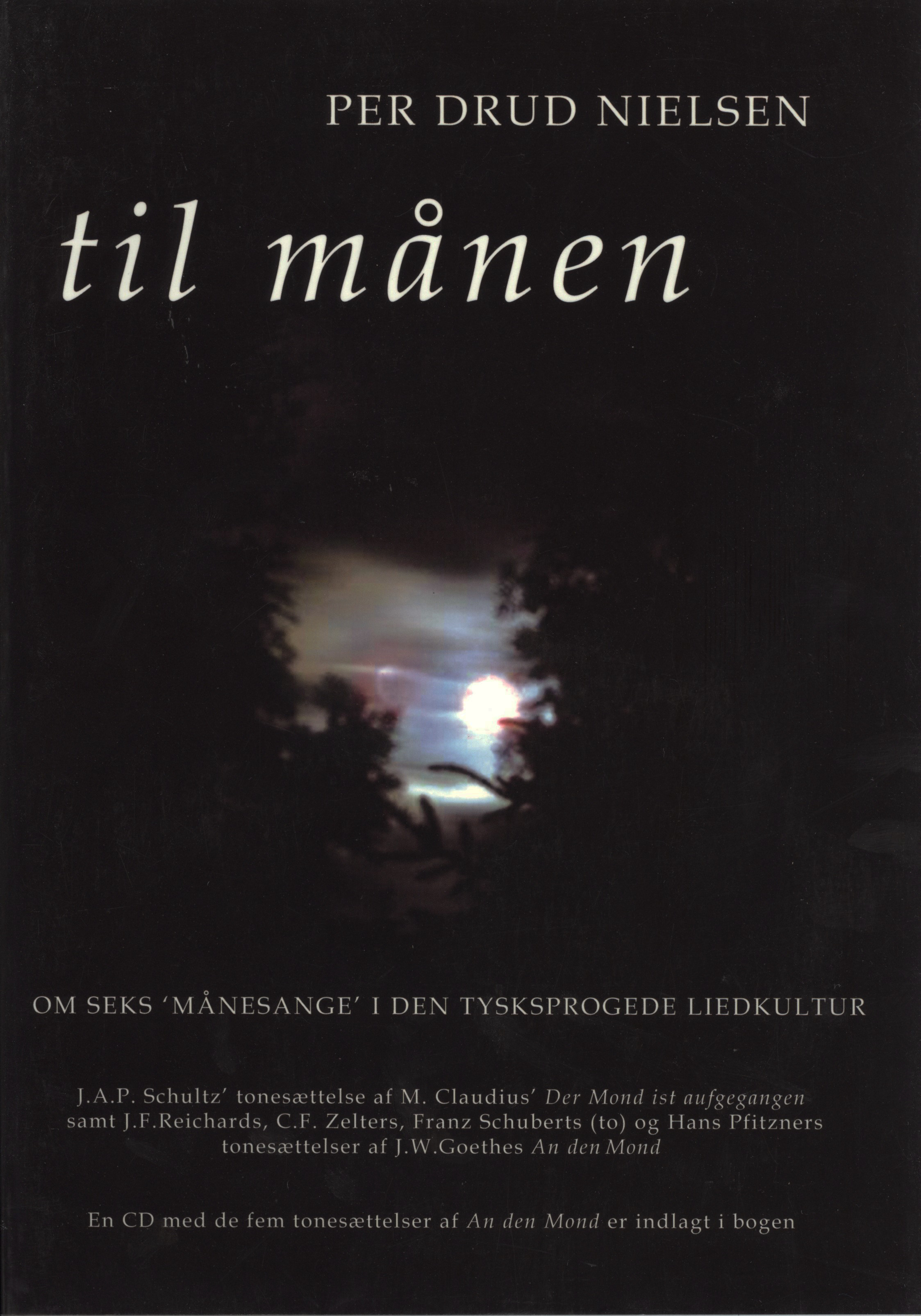

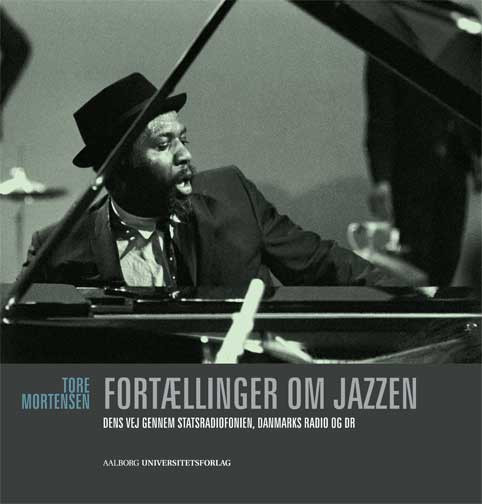
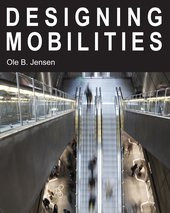


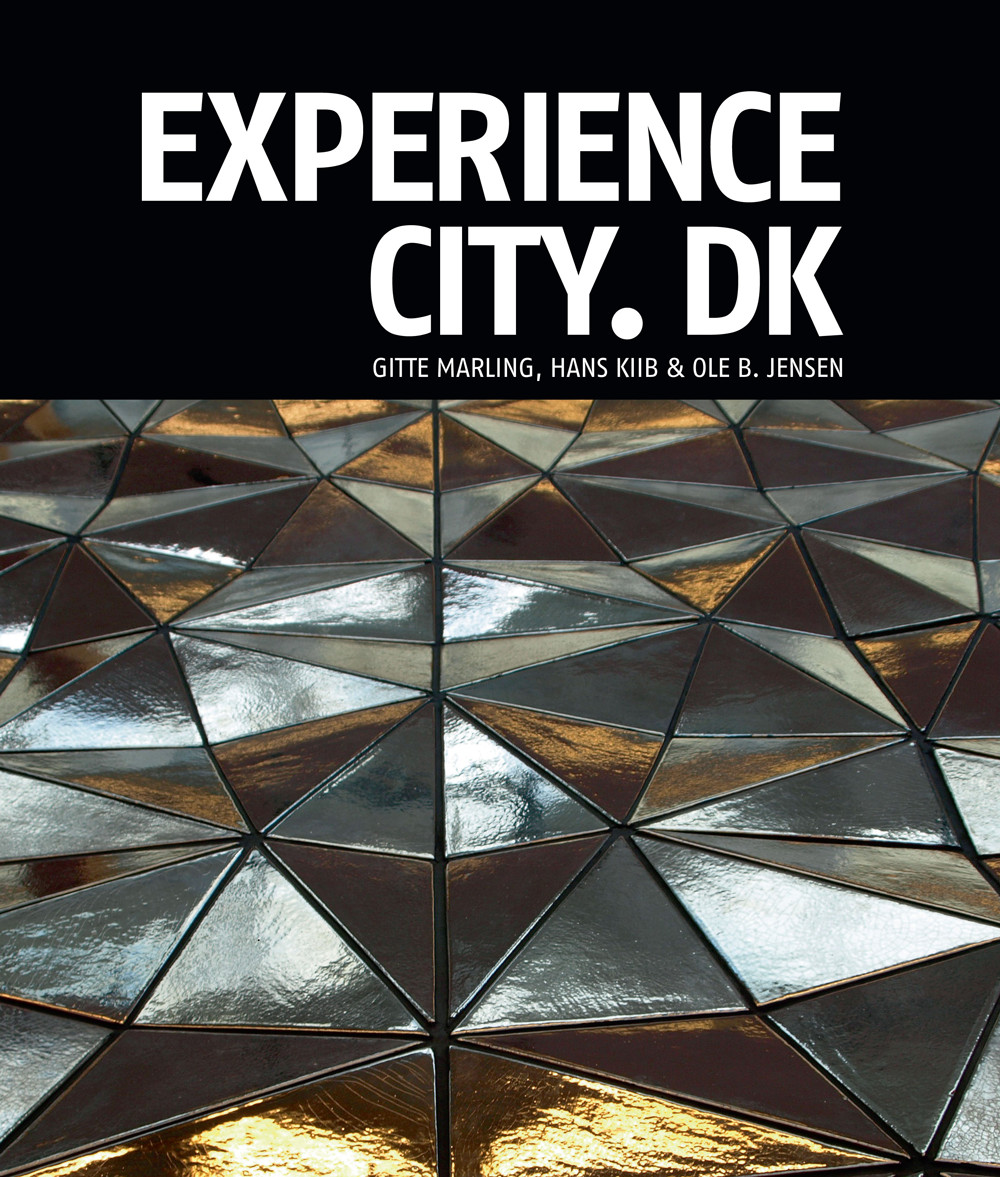
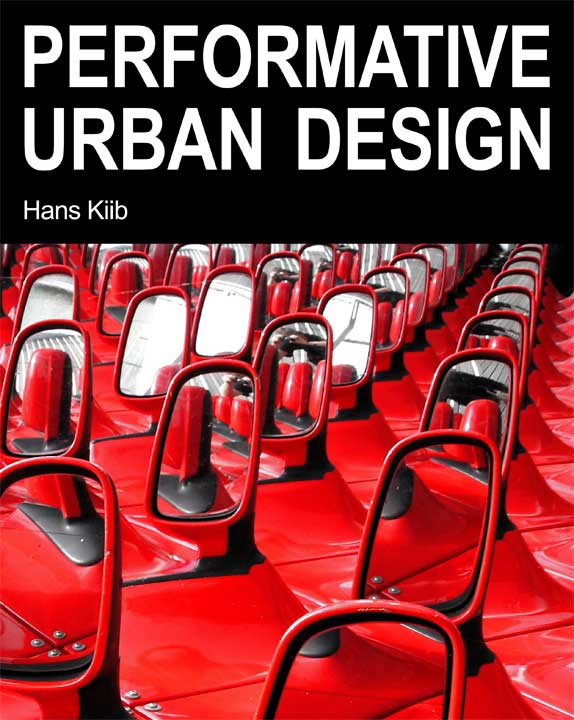
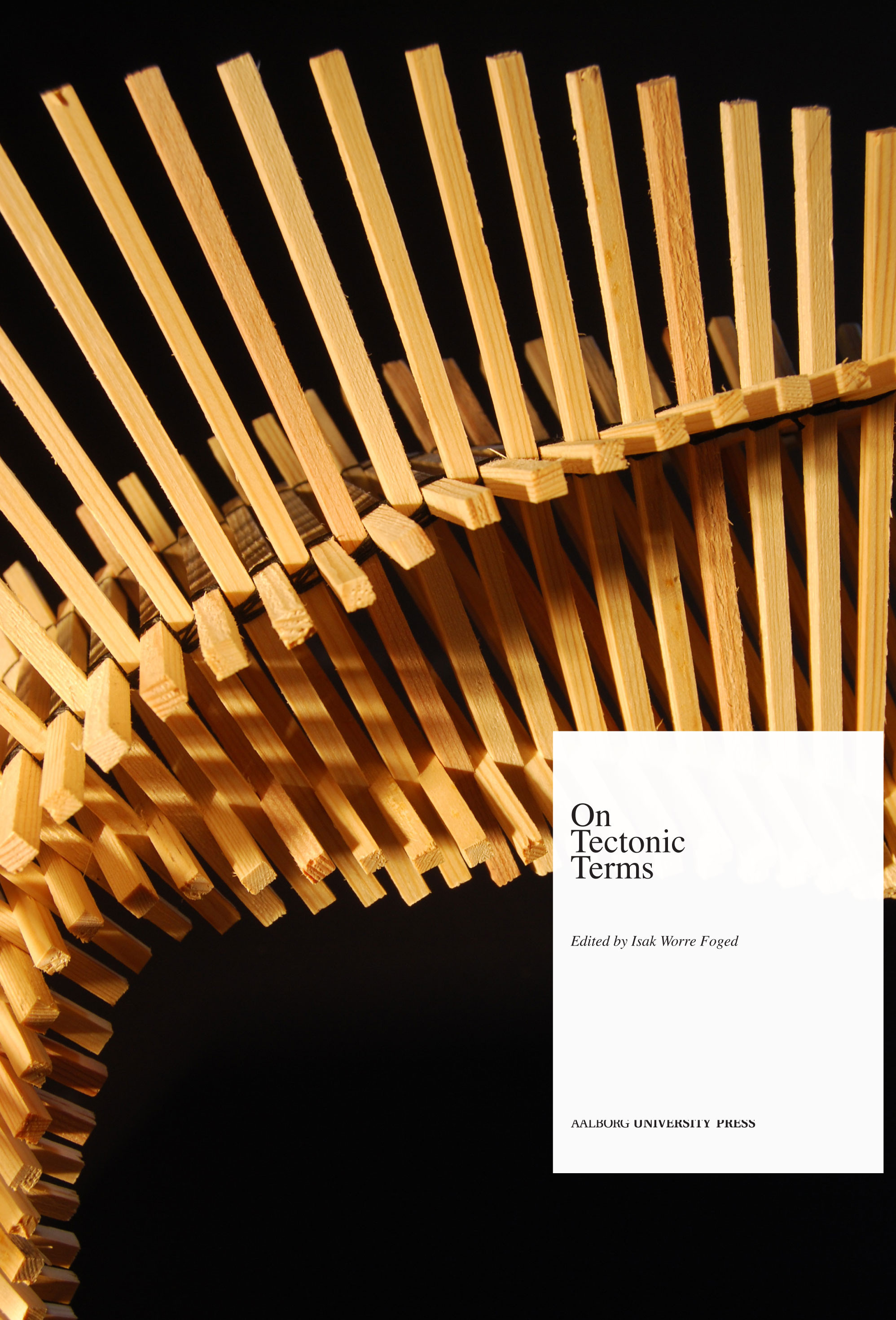
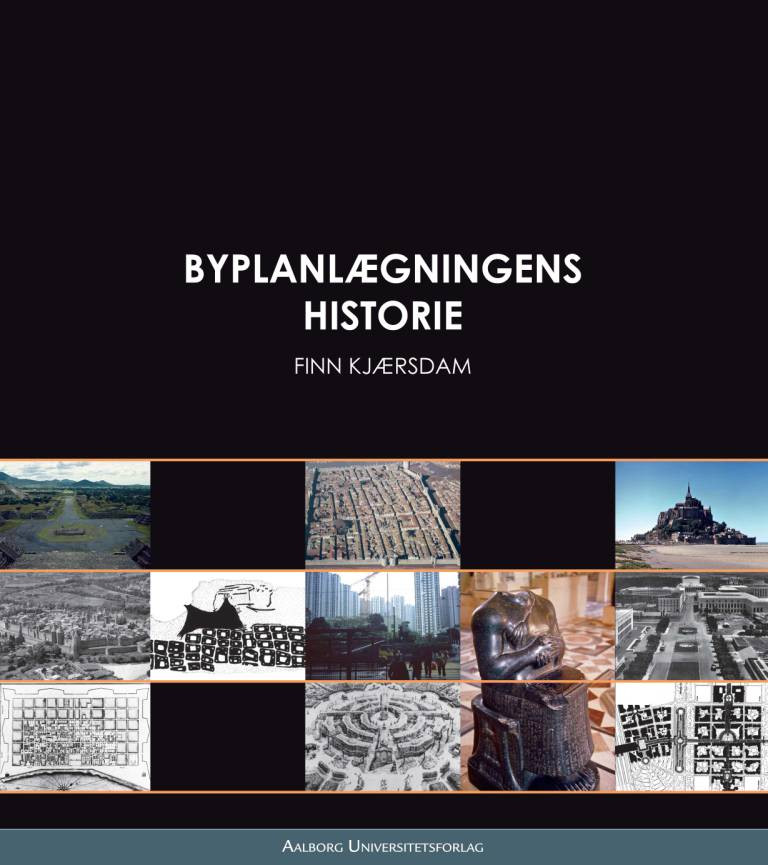
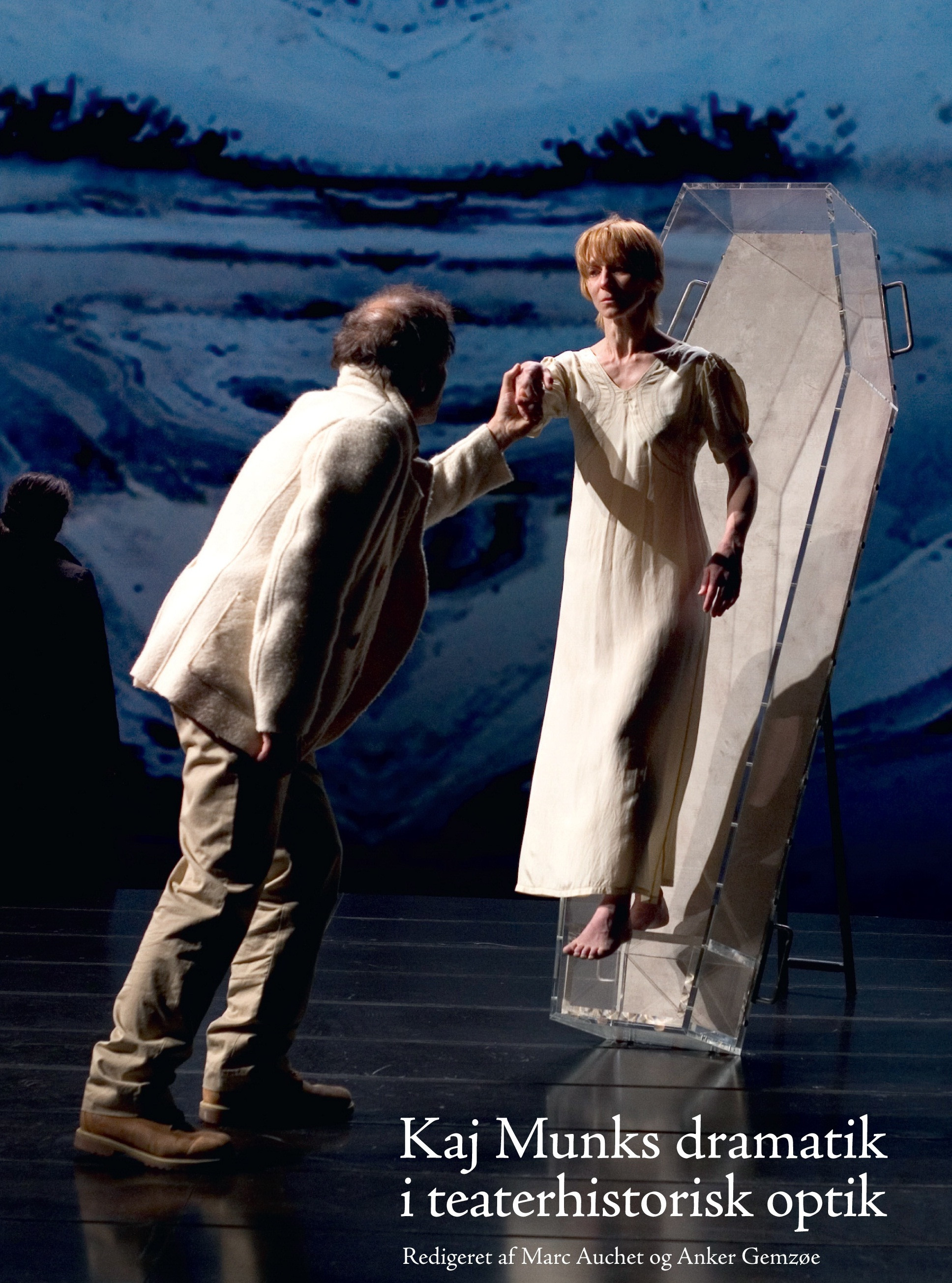
-public.jpg)
